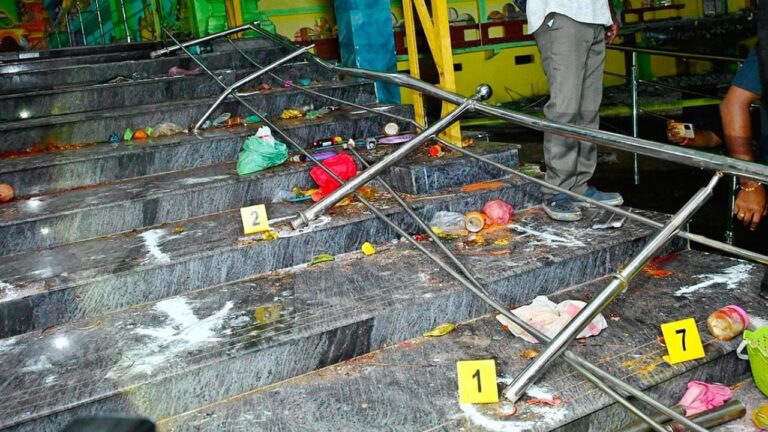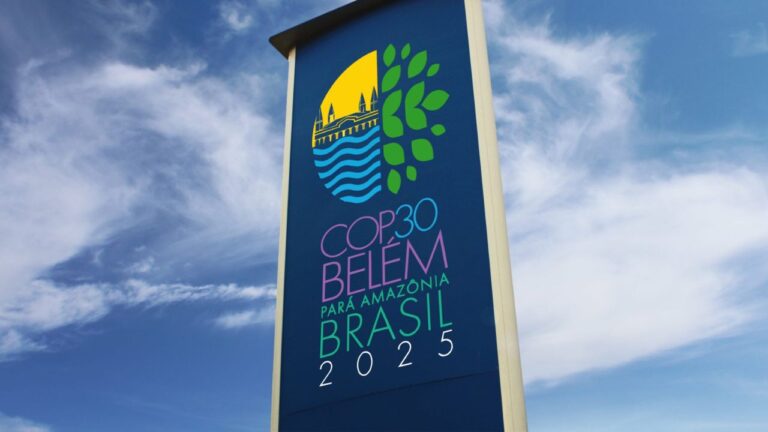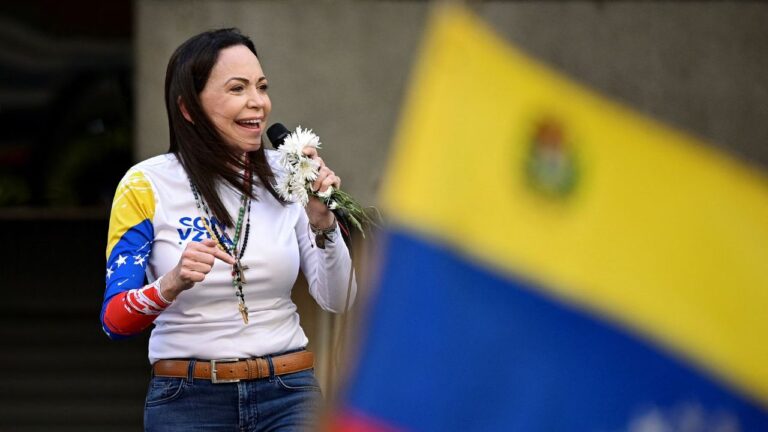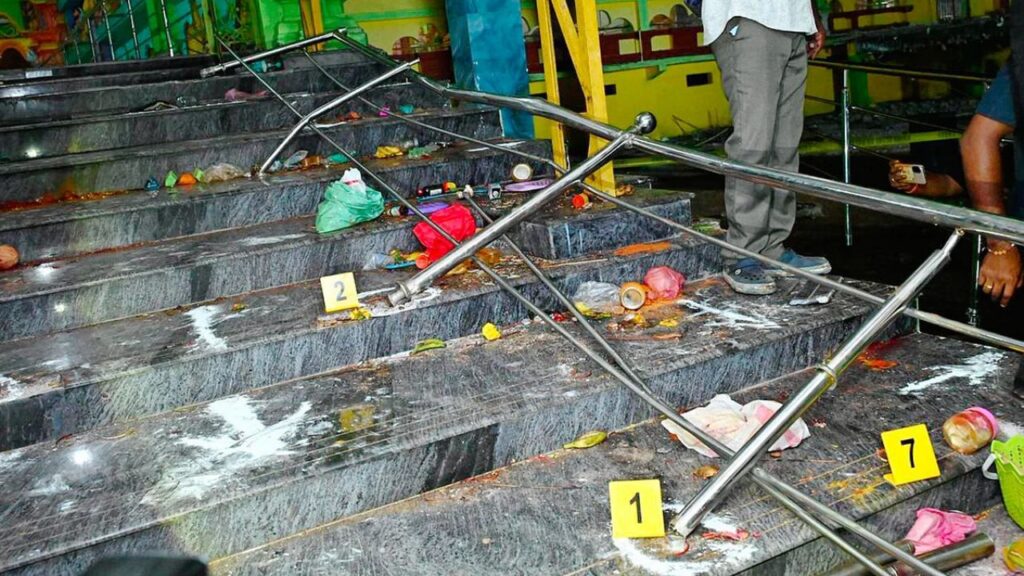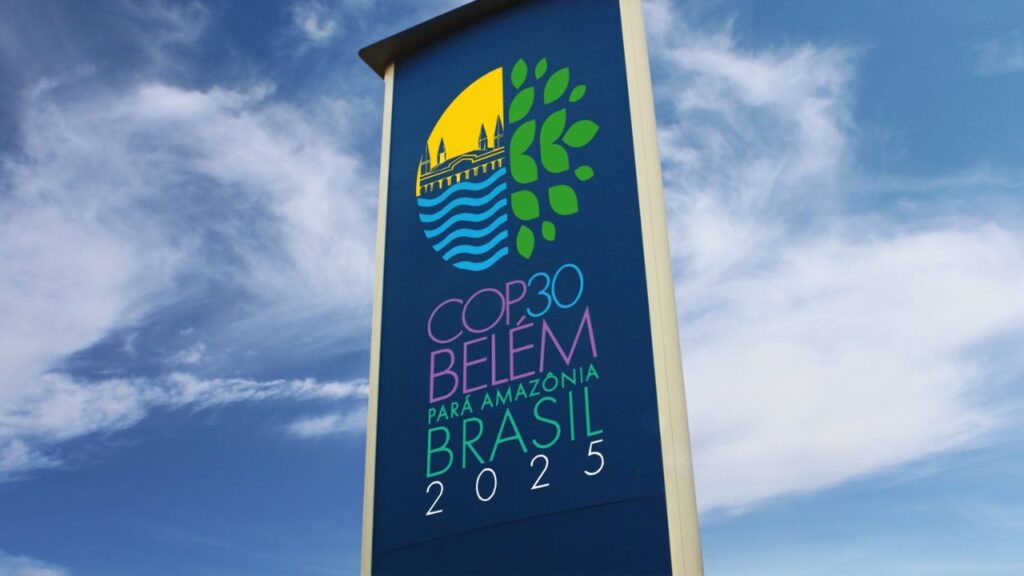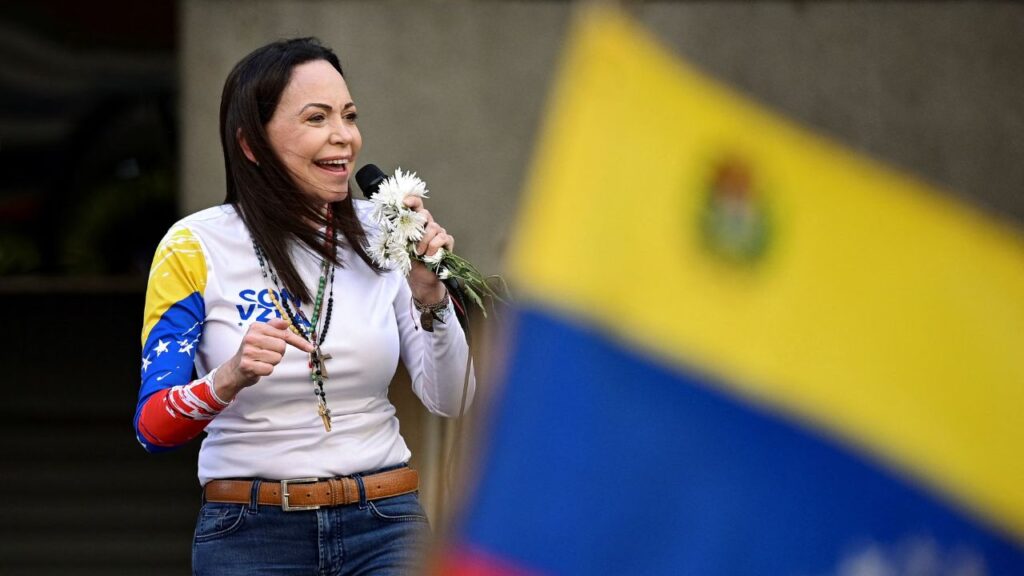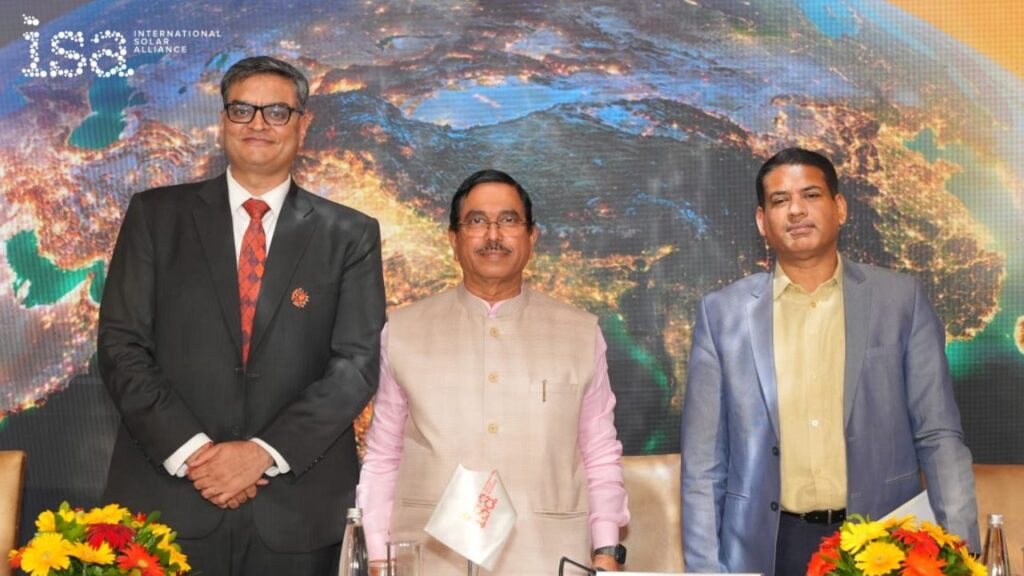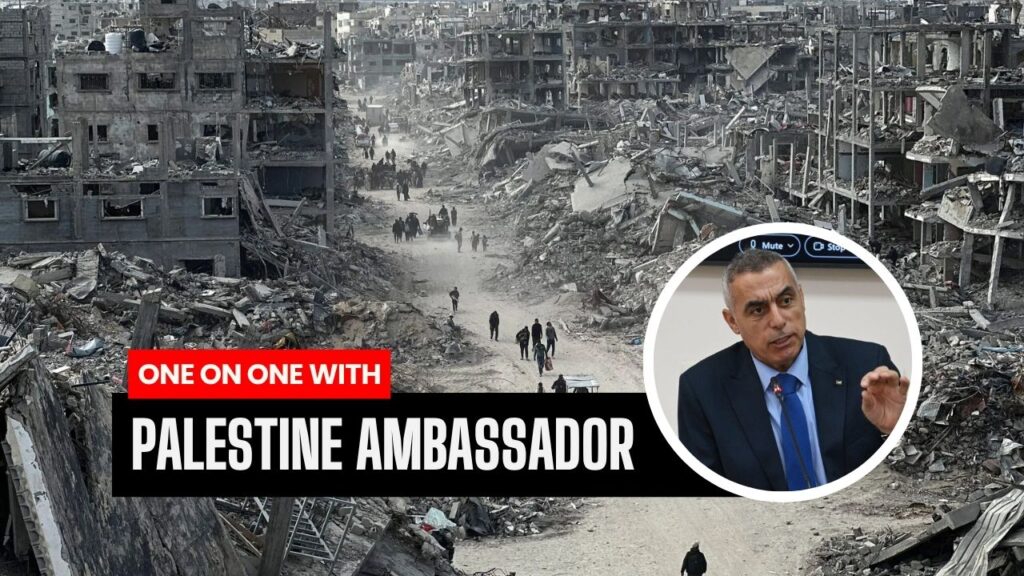Israeli airstrikes on Gaza on Wednesday resulted in over 60 reported deaths, with many victims, including women and children, injured or trapped under rubble in areas like Jabalia and near Khan Younis. Strikes hit the European hospital complex near Khan Younis, raising concerns about the humanitarian crisis.
The conflict between Israel and Hamas has once again reached a critical juncture. It has been seen that multiple ceasefire agreements have collapsed in recent months, proving to be nothing more than temporary pauses in a devastating war. Each truce has been followed by renewed violence, with no sustainable resolution.
The United States has agreed to encourage Israel to accept a 70 to 90 day ceasefire in Gaza after Hamas initiated a back-channel communication through Bishara Bahbah, a pro-Trump Palestinian-American advocate. This effort was aimed at securing the release of Edan Alexander, an Israeli-American held captive by Hamas. The agreement includes plans for the release of 10 more hostages and eventual negotiations for a permanent ceasefire. However, Israeli Prime Minister Benjamin Netanyahu remains committed to continuing military operations until “Hamas is eliminated, regardless of hostage releases.”
As Gaza edges closer to a full-scale famine, international food security experts have issued an urgent warning but unless Israel lifts its blockade and halts its military offensive, the enclave faces an irreversible humanitarian collapse.
The United Nations humanitarian chief, Tom Fletcher, has strongly criticized a humanitarian aid plan for Gaza proposed by Israel and supported by the United States, describing it as a “fig leaf for further violence and displacement.” No aid has reached Gaza since March 2, with about half a million people facing starvation. Israel’s plan proposes that private companies manage aid distribution in southern Gaza amid an impending military offensive, shifting the role traditionally held by the UN and international aid groups.
French President Emmanuel Macron has emerged as one of the most vocal critics of Israel’s actions, calling Prime Minister Benjamin Netanyahu’s decision to block humanitarian aid “a disgrace.” In a televised statement on Tuesday evening, Macron condemned the worsening crisis with unflinching clarity. “There’s no medicine. We can’t get the wounded out. Doctors can’t get in,” Macron said. “What he’s doing is a disgrace. It’s a disgrace.”
Macron, who personally visited wounded Palestinians in Egypt’s El Arish hospital last month, demanded the reopening of Gaza’s borders to allow in humanitarian convoys. “Then, yes,” he added, “we must fight to demilitarise Hamas, free the hostages, and build a political solution.”
Israel, however, responded with a sharp rebuke. Netanyahu’s office accused Macron of aligning himself with terrorists. “Macron has once again chosen to stand with a murderous Islamist terrorist organisation and echo its despicable propaganda, accusing Israel of blood libels,” read the statement issued on Wednesday.
The diplomatic clash comes as hunger levels in Gaza spiral beyond emergency thresholds. According to the Integrated Food Security Phase Classification (IPC), around 5,00,000 Palestinians are now enduring “catastrophic” levels of hunger, with an additional one million facing extreme food insecurity.
For over 10 weeks, Israel has barred all food, medicine, shelter, and essential goods from entering the territory, even as its military intensifies air and ground operations. Gaza’s 2.3 million residents, already isolated and battered by war, now find themselves almost entirely dependent on aid that isn’t allowed in. With local agriculture and food infrastructure obliterated by Israel’s 19-month-long war, Gaza has virtually no means left to feed itself.
Within Israel, there is growing dissent regarding the ongoing military operations in Gaza. A significant number of Israeli reservists are refusing to serve, citing moral and ethical concerns. Public support for the war is waning, with increasing calls for a reassessment of the government’s strategy. Over 52,000 Palestinians have been killed so far, according to Gaza’s health ministry, run by Hamas. Civilian infrastructure, such as hospitals, schools, and shelters, has been decimated.


